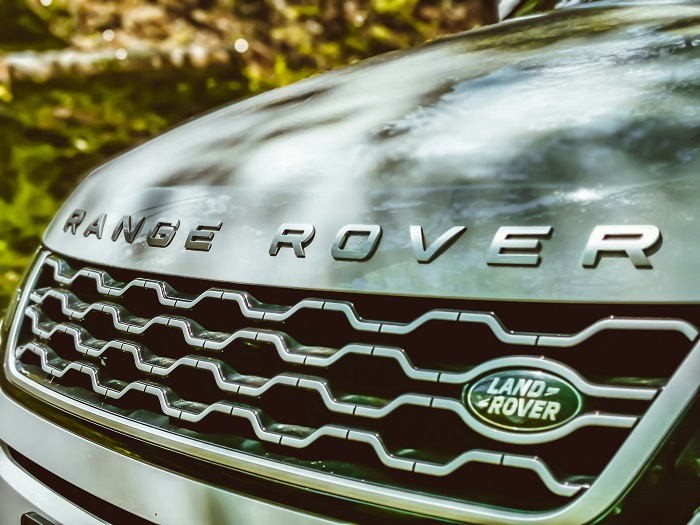The Range Rover is an iconic British vehicle that has long been popular in the UK as well as in many other countries. It’s a staple luxury SUV that’s easy to drive and has proven its timelessness through the decades. However, in recent years, it seems harder and harder to find the Range Rover, and production at UK factories has slowed considerably. The obvious change leaves many locals wondering just what is happening or what is causing the slowdown.
Here, we will explore the key factors contributing to this change and what that might mean for the future of Range Rover in the UK.
Supply Chain Disruptions
Every produced and manufactured material goes through a supply chain process. The supply chain is ultimately taking all the necessary supplies needed to create the product and transforming those from raw materials into the final product to fulfil an order. Many parts of the world have experienced ongoing supply chain challenges since the onset of COVID-19. While some industries have recovered, many are still facing depleted or reduced supplies.
The unprecedented challenges that the pandemic brought to the automotive industry have caused extensive disruption in the fulfilment of orders and the steady production of vehicles such as the Range Rover. Some factories have been forced to close while others have struggled to get the parts needed to complete the build of a vehicle. They have been forced to either adapt the vehicle or slow down total production.
Despite the pandemic being primarily behind us, it takes extensive time to recover from the aftershocks of such an event. The supply chain most affected in the vehicle industry is semiconductors, which are a major component of the advanced electronics of modern vehicles. With a global shortage, many brands, including the Range Rover have adjusted their production schedules to align with reduced part availability.
Rising Costs and Economic Factors
Even big names like Range Rover are not exempt from the economic factors around the globe that have led to rising costs. Raw materials needed to build the Range Rover, such as aluminium and steel, are in high demand but facing major price surges. This rise in costs squeezes profit margins for everyone, which forces a slowdown in production to keep the final costs of the final product steady.
Companies like Vantage Leasing Manchester have found that vehicles that were once easy to get their hands on have become rare and challenging to access. The hurt of reduced production of the Range Rover is felt by the producers as well as many consumers like this.
We’ve seen additional strain with trade disruptions, updated regulatory requirements, and cross-border challenges, all of which affect UK-based production facilities and reduce the output of these vehicles.
Consumer Demand is Changing
With a changing economy and lifestyle comes a change in what consumers are looking for. Their preferences are evolving and trends are constantly changing. There has been a growing emphasis on sustainability and environmental responsibility, leaving companies like the Range Rover to reassess their products to satisfy consumer demand.
There has been a huge shift in the vehicle market to create eco-friendly solutions such as electric vehicles and hybrids. With this shift, car manufacturers have to re-evaluate their operations and start to make changes to their product lines to accommodate them. Perhaps it’s time for Range Rover to consider the possibilities and start determining how they will shift for these demands.
There is a strong possibility that they are already assessing and manoeuvring for such a change, which could easily contribute to a reduction in production while they shift gears.
What Lies Ahead?
The truth is that the world is changing. We’ve seen a serious decline in production from many automotive brands, not just the Range Rover. Much of this comes from changes in the marketplace as well as strategy and planning as they shift to meet the demands of the world. From labour shortages to considering modern needs, it’s a matter of stepping forward and meeting challenges head-on.
Is the reduced production of the Range Rover concerning? It can be, but it may also just be a sign that things are changing and the Range Rover creators are gearing up for the changes ahead.
Conclusion
The Range Rover continues to be an icon. There are no signs of the manufacturers removing it from the market, but there are many indicators that show us positive change could be on the horizon. While we wait to see what is ahead, be patient with the market and limited production.




